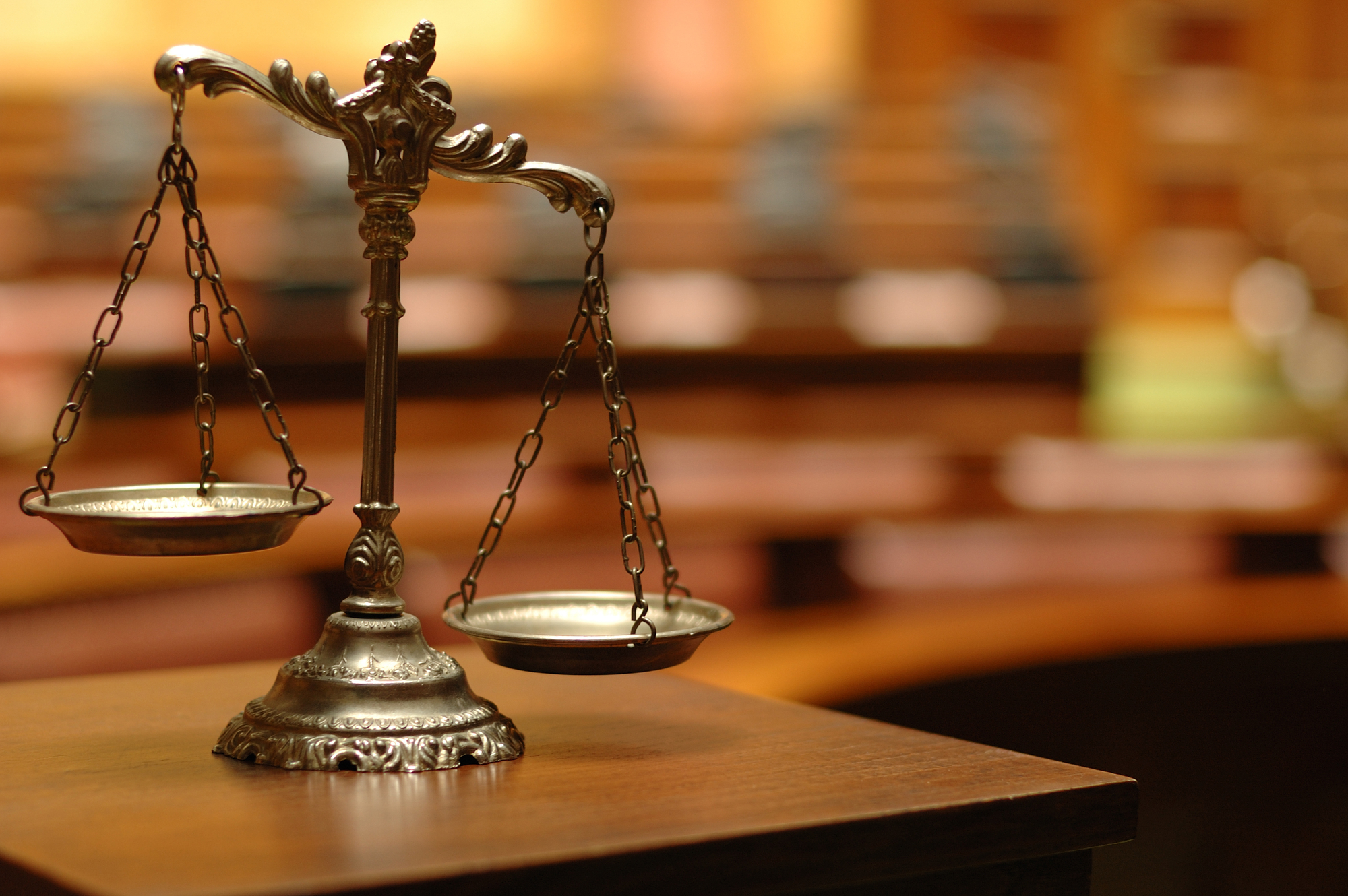Personal Injury Lawyer
The discovery process is an important part of civil litigation, where both parties in a lawsuit can gain access to information and evidence that may be relevant to their case. As a top-rated personal injury lawyer from Azari Law LLC explains, the process also serves as an opportunity for the parties to assess the strengths and weaknesses of each other’s cases before trial.
Discovery Rules
In the United States, discovery rules are set by state or federal law and governed by court rules. Generally speaking, it allows either side in a civil lawsuit to obtain information from the other party which may be pertinent to the case, such as documents, records, and testimony from witnesses. This process is usually initiated when one party sends interrogatories (questions) or requests for production (documents) to the other party.
Proceedings
During discovery proceedings, parties can request each other’s documents relating to any issue in dispute during the case. This includes receipts, invoices, emails and any other type of document that could potentially provide evidence in favor of either side’s argument. In addition to written documents, they can also request that witnesses provide testimony related to issues pertaining to the case via depositions – sworn statements taken under oath that must be answered truthfully.
Negotiations
The discovery process also provides an opportunity for parties involved in a lawsuit to negotiate a settlement agreement without having to go through trial proceedings. If both sides are able to agree on terms regarding damages or another point of contention between them, then all pending lawsuit matters can be dismissed with prejudice – meaning neither side can bring up any future claims related thereto.
Trial Preparation
Essentially, the discovery process helps both sides of a civil suit prepare for trial by allowing them access to all evidence related thereto – whether it is written documents or oral testimonies from individuals with firsthand knowledge about certain matters – which each side must review carefully before deciding how best move forward with their respective cases.
